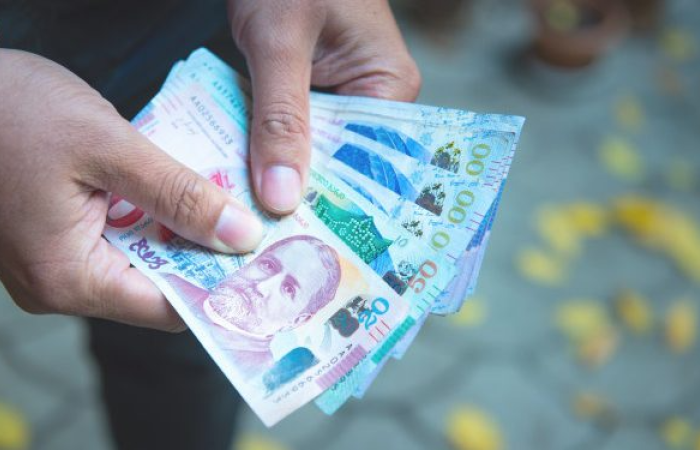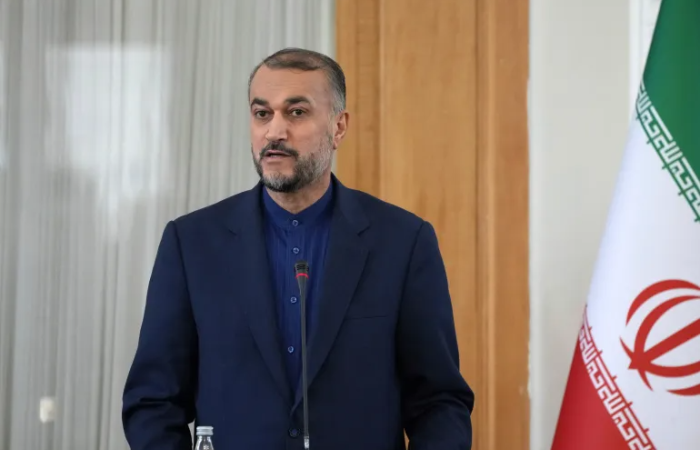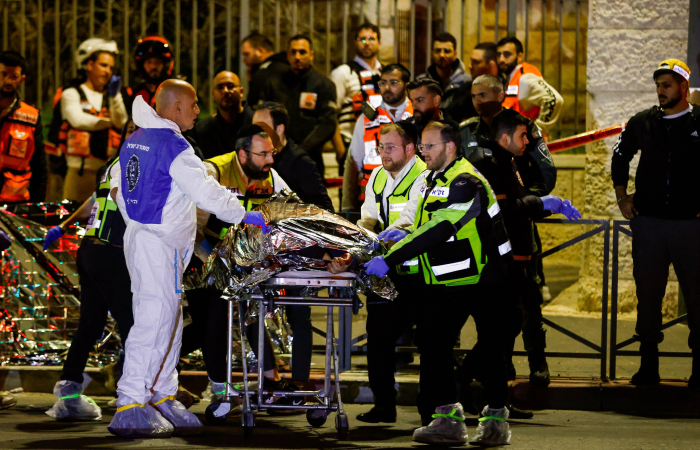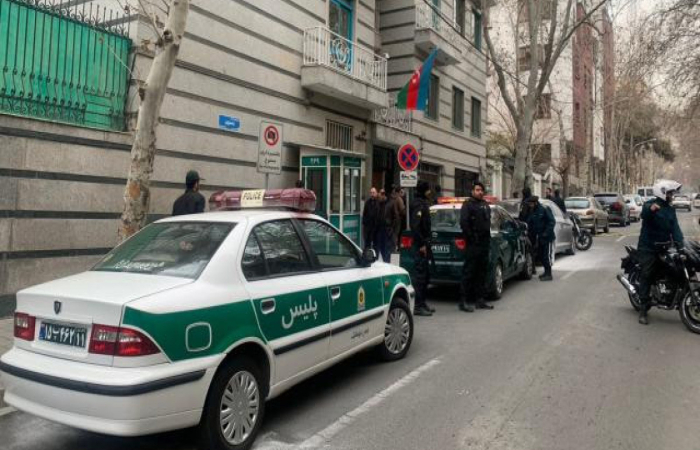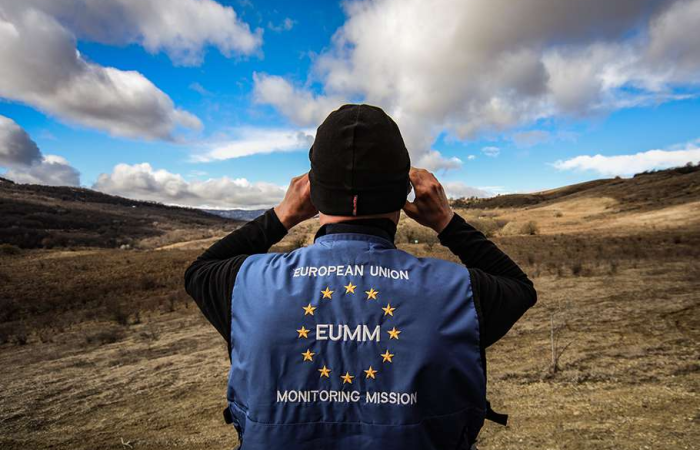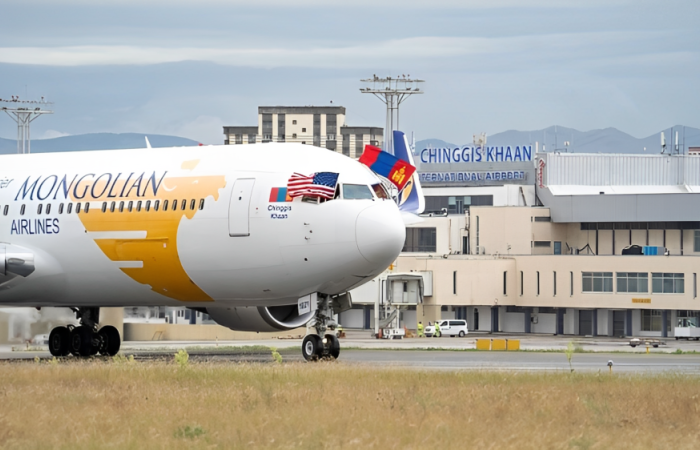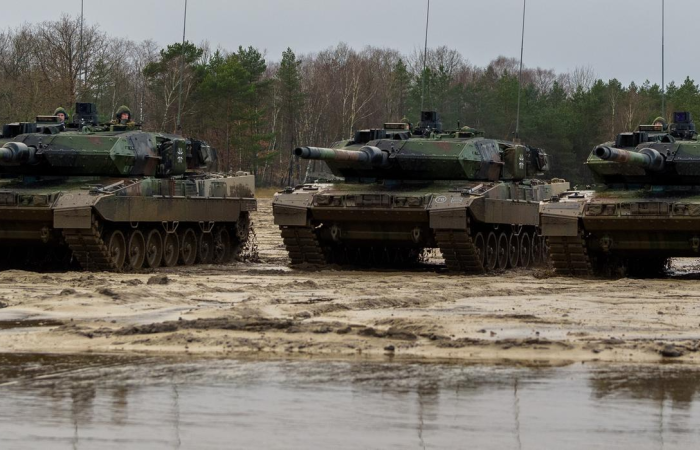Trending
Georgian GDP booms by more than 10% in 2022
31 January 2023
Georgia's GDP boomed by 10.1% in 2022, according to figures released by the National Statistics Office of Georgia, Geostat, on Tuesday (31 January).
The country's economic performance was particularly strong towards the end of the year, registering a year-on-year increase of 11% in December 2022.
According to the report published by Geostat, growth was registered in construction, manufacturing, transportation and storage, financial and insurance activities, trade, hotels and restaurants. Meanwhile a decline was registered in real estate activities, professional, scientific and technical activities, electricity, gas, steam and air conditioning supply.
Georgia imported US$134.5bn of goods in 2022, 33.2% more than last year. Meanwhile exports also rose by 31.8%, totalling almost US$56bn.
Another notable statistic from the report concerns the number of newly registered enterprises, at 6,436 in December alone. This marks a year-on-year increase of 41.4%.



